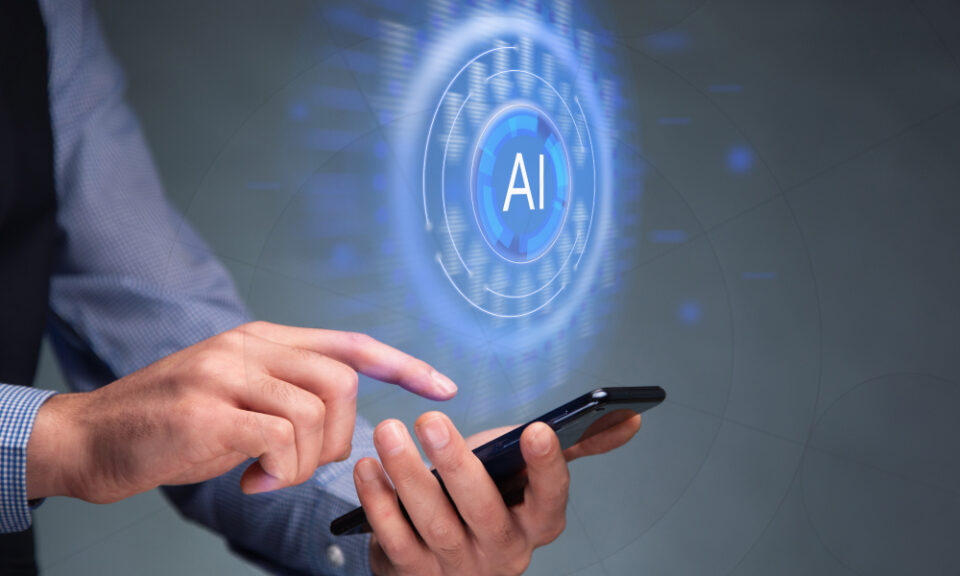Artificial Intelligence (AI) has become an integral part of our lives, transforming various industries and revolutionizing the way we live and work. One area where AI shows immense potential is in personalized learning experiences. As technology advances, AI is poised to play a significant role in tailoring education to individual students’ needs, abilities, and preferences.
Enhanced Adaptive Learning
AI-powered personalized learning platforms have the capability to adapt and customize the learning experience for each student. By analyzing data from various sources such as student performance, behavior, and learning patterns, AI algorithms can identify the strengths and weaknesses of individual learners. This information can be used to create personalized learning paths that cater to each student’s unique needs, helping them to achieve better learning outcomes.
Adaptive learning platforms powered by AI can provide students with real-time feedback and recommendations. These platforms can identify gaps in knowledge or areas where students are struggling, and offer targeted interventions or additional resources to help them overcome these challenges. This personalized approach ensures that each learner receives the necessary support and guidance, leading to a more effective and efficient learning experience.
Intelligent Virtual Assistants

Intelligent virtual assistants, powered by AI, have the potential to transform the way students interact with educational content. These virtual assistants can act as personal tutors, answering questions, providing explanations, and offering guidance when needed. Through natural language processing and machine learning algorithms, these assistants can understand students’ queries and respond in a conversational manner.
Intelligent virtual assistants can also help students stay organized and manage their learning schedules. By integrating with calendars and task management systems, these assistants can remind students of upcoming assignments, tests, or study sessions. They can also suggest personalized study plans based on individual learning goals and deadlines.
Data-Driven Personalization
AI can leverage the vast amount of data collected from students’ interactions with learning platforms to provide personalized recommendations and insights. By analyzing data on students’ performance, engagement, and preferences, AI algorithms can identify patterns and make informed predictions about each student’s learning trajectory.
Based on these predictions, AI can recommend additional learning resources, suggest relevant topics for further exploration, or even identify potential career paths that align with a student’s interests and strengths. This data-driven personalization can help students make informed decisions about their education and future careers.
Ethical Considerations and Challenges
While the future of AI in personalized learning experiences is promising, it also raises ethical considerations and challenges. Ensuring data privacy and security is of utmost importance when dealing with sensitive student information. Transparent algorithms and clear consent mechanisms should be in place to protect students’ rights and maintain their trust.
Additionally, there is a need to address the potential bias in AI algorithms. AI systems should be designed and trained to provide fair and unbiased recommendations and feedback, taking into account diverse backgrounds and perspectives. Continuous monitoring and evaluation of AI systems are necessary to avoid reinforcing existing inequalities in education.
AI has the potential to revolutionize personalized learning experiences by providing adaptive learning paths, intelligent virtual assistants, and data-driven recommendations. However, it is crucial to address ethical considerations and challenges to ensure that AI is used in a responsible and inclusive manner. The future of AI in personalized learning experiences holds great promise in enhancing education and empowering learners of all backgrounds.

